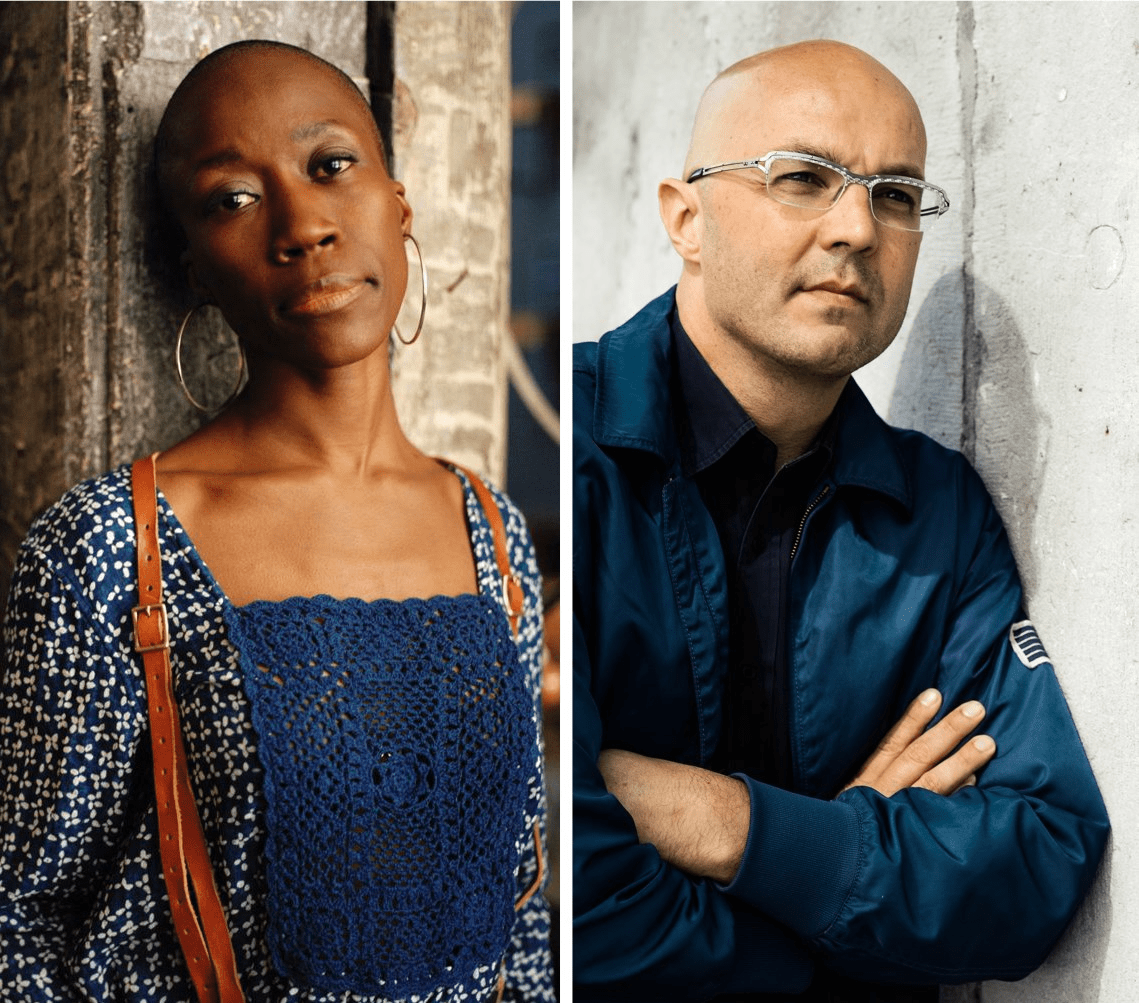
Malian Singer Rokia Traoré Faces Possible House Arrest in Rome as Italian Court Considers Custody Dispute with Belgian Playwright Jan Goossens
Fiona Nanna, ForeMedia News
4 minutes read. Updated 10:56AM GMT Fri, 23August, 2024
Malian singer and composer Rokia Traoré, known for her soulful voice and impactful lyrics, has been entangled in a legal battle that has led to her incarceration in Italy. For the past two months, Traoré has been held in a women’s prison in Civitavecchia, a port city near Rome, following a European arrest warrant issued by Belgium. The arrest stems from a prolonged custody dispute with her ex-partner, Belgian playwright Jan Goossens, concerning their daughter, a conflict that has persisted since 2019.
The situation may soon take a pivotal turn. On Thursday, August 22, Italy’s Supreme Court of Cassation will convene behind closed doors to determine whether Traoré should be placed under house arrest in Rome. This decision could significantly alter her current circumstances, offering her a reprieve from the harsh conditions of imprisonment.
Traoré’s legal troubles began in October 2023 when a Belgian court sentenced her to two years in prison for not presenting her daughter to Goossens, who had been accused of sexual abuse—a charge that was later dismissed. Traoré’s actions, which she maintains were motivated by a desire to protect her child, have led to her current predicament.
The singer was detained on June 20, just a day before she was set to perform at a prestigious music festival at the Colosseum. Since then, two crucial hearings have taken place in Rome’s Court of Appeal. During the most significant hearing on July 13, Traoré’s lawyer, Maddalena Claudia Del Re, argued that there were procedural flaws in the two-year sentence imposed by the Belgian court. The Italian judges have now referred the case to the European Court of Justice, which will decide whether Traoré should be released or extradited to Belgium.
As the Supreme Court of Cassation prepares to rule on the request for house arrest, Traoré’s supporters and legal team hope that this decision will provide some relief and allow her to await the final verdict in a more humane setting. The outcome of this case could have far-reaching implications, not only for Traoré’s future but also for international legal proceedings involving custody disputes.

